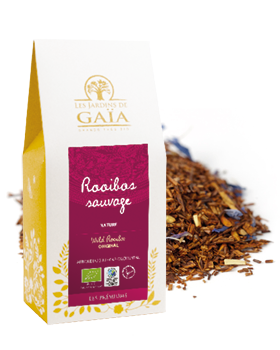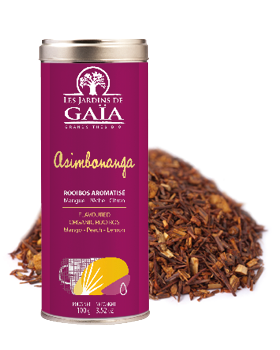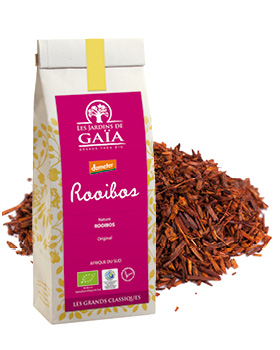Sommaire
- A few words about our long-standing South African partners
- An increasingly challenging situation which is prompting improvements in agricultural practices
- A fair price = the possibility of tackling social and environmental issues
- A fair price = the possibility of investing for the future
- The ways in which this investment has helped the Heiveld cooperative:
The price of rooibos and crucial social and environmental challenges

Behind the price tag of a product lie critical issues for producers and cooperatives, the scope of which is often not seen by consumers.
The price of Rooibos, which has increased over the past five years, is a case in point. In order to better understand how the purchase price of rooibos is arrived at, we recently conducted a study on the subject.
We want to share these findings with you in order to demonstrate that buying rooibos at a fair price is the only way to guarantee the survival of small South African producers who are facing more and more complex social and environmental challenges.
A few words about our long-standing South African partners
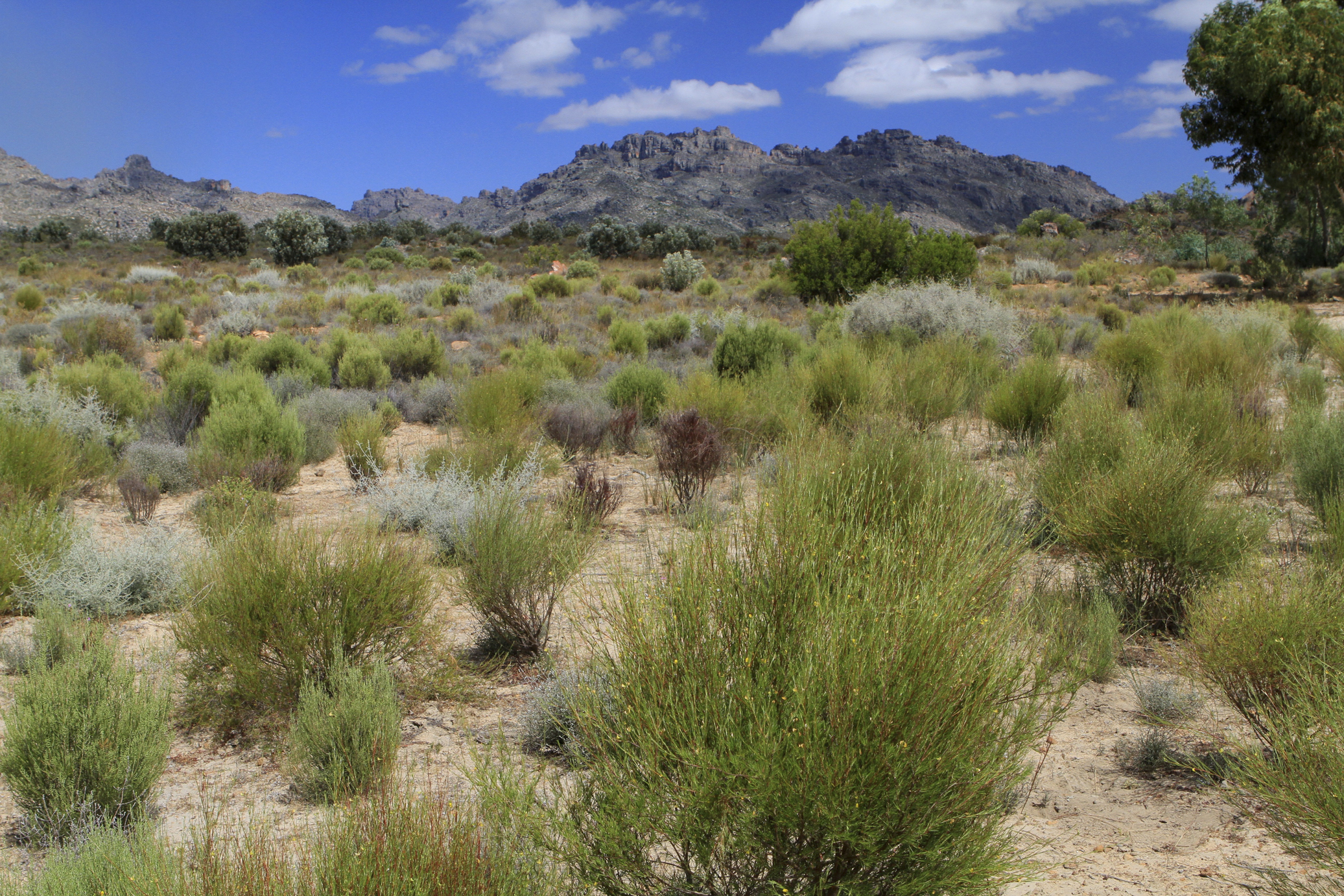
The Wupperthal rooibos cooperative is made up of 63 members who farm 175.64 hectares, 26 of whom (almost half of them) use biodynamic agriculture.
The Heiveld rooibos cooperative has 74 members who farm some 500 plots with an average size of 2.30 hectares spread over 1,150 hectares.
An increasingly challenging situation which is prompting improvements in agricultural practices
First of all, all rooibos growing has been strongly impacted by climate change over recent years. If nothing is done, yields could drop dramatically over the next decade. The last major drought in 2017, for example, caused a loss of production of 18 tonnes for the Heiveld cooperative. This represented a loss of one third of the volume of its average annual output.
It also had a considerable impact on the Wupperthal cooperative in terms of cashflow, forcing its members to review the rooibos price in order to cover the cost of drought periods in the years to come.
This event also triggered research into new agricultural practices and these seem to be bearing fruit.
Many rooibos plants were lost in the drought as they were literally burned where they grew.
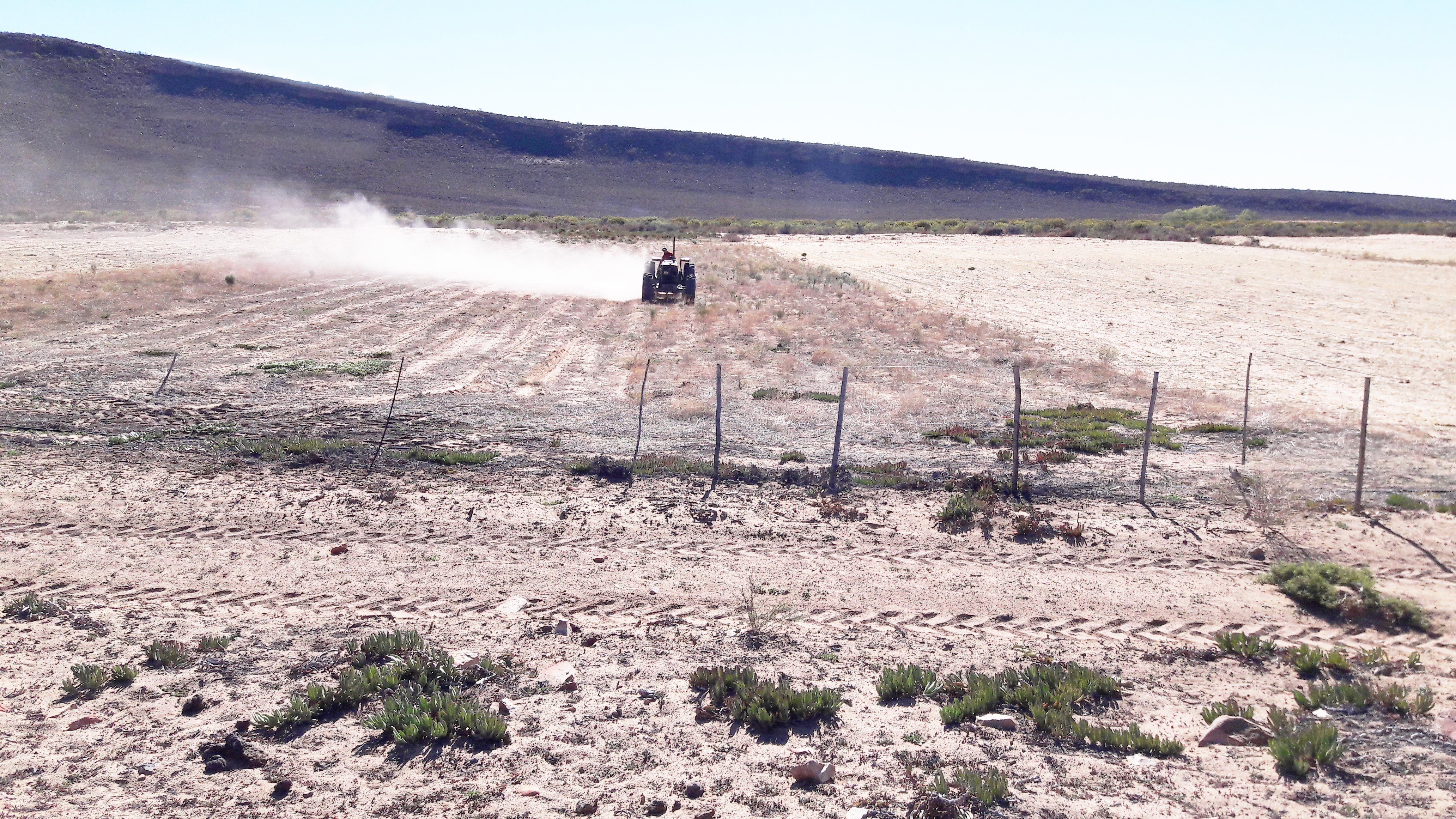
Such problems, which are going to occur more and more frequently, also impact biodiversity and the continuation of rooibos farming by families in the Wupperthal and Heiveld cooperatives. Their work also contributes to the conservation of the exceptional nature reserve at Cederberg which has historic links with rooibos growing.
At the same time, the increasingly competitive nature of the organic fair trade rooibos market, with large plantations producing large volumes, is bringing prices down to the detriment of the quality of the end product, which leads to great difficulties for small producers.
According to the testimony we have gathered, most of these producers do not make a living solely from growing rooibos, which has become a seasonal activity alongside other work. To avoid a rural exodus and maintain the sustainability of cooperatives, it is imperative that their members can count on a fair price that is maintained over time. Paying a fair price means young people can plan for a secure future in their village by taking over their parents’ businesses.
Finally, the pandemic contributed to the rescheduling of all work from March to September. This resulted in investment projects being postponed from 2020 to 2021 with additional cash requirements, these have been absorbed through a re-assessment of the rooibos price and through pre-financing of crops.
A fair price = the possibility of tackling social and environmental issues
First and foremost the price allows the producers to be paid, which for the cooperatives represents 80% of production costs. These production costs absorb on average 70% of expenses. The remaining 30% is used to pay the salaries of cooperative employees, running costs, processing, transport, certification fees and for training and technical supervision.
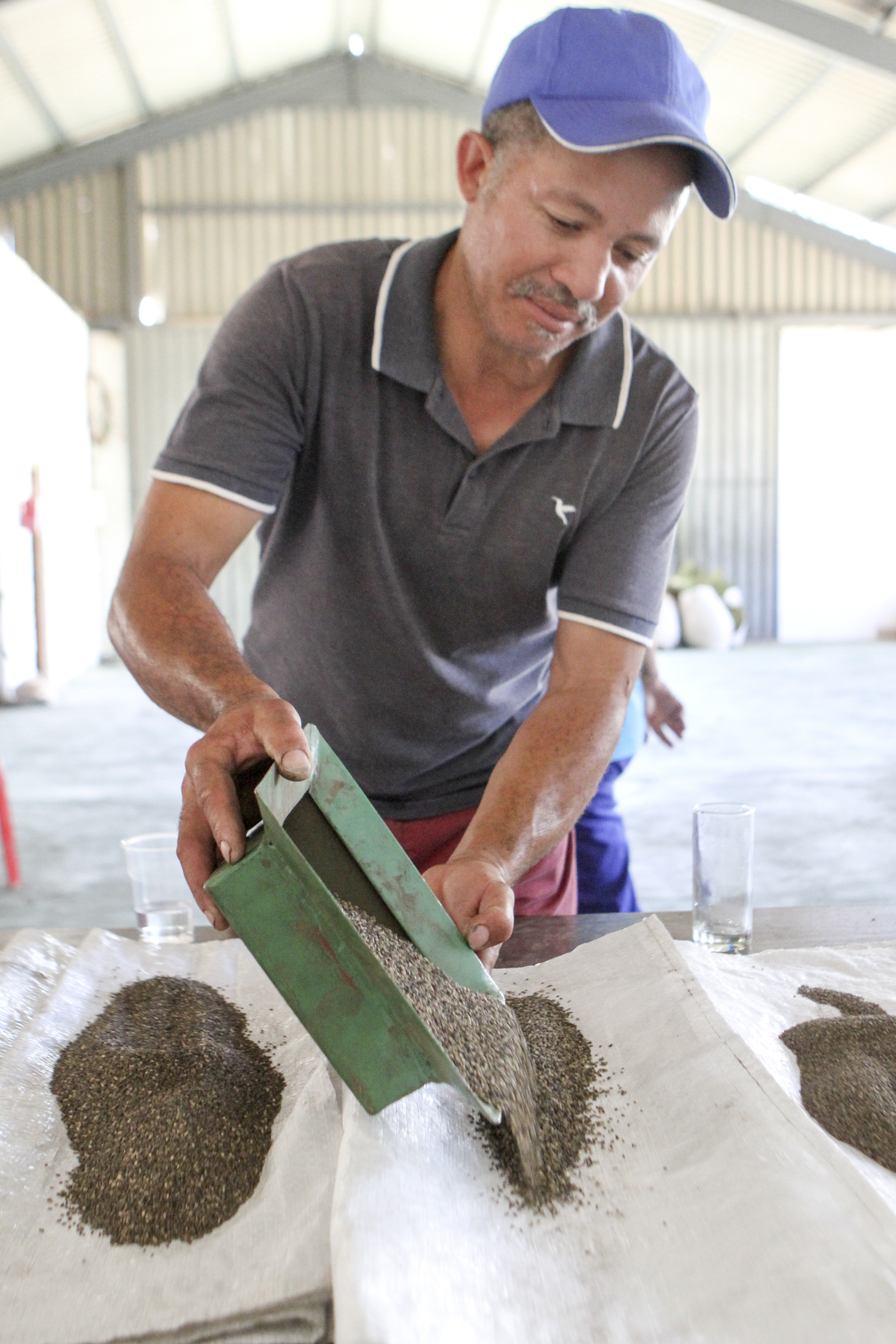
The price is therefore directly linked to the living conditions of the producers: enabling them and their families to have a decent life is our priority.
It also means farmers have the opportunity to increase the volume of production if they wish to, which as we have seen is essential for the years ahead…
Take for example Anna Skippers, a 39-year-old woman living in Langbome who has been a member of the Wupperthal cooperative since 2012. Since 2018 she has worked in the office, managing human resources. She has always been motivated by producing and improving the quality of the rooibos.
Anna farms 2.72 hectares, harvesting wild rooibos (818 kg in 2020) and has biodynamic plots. As part of her plans for the future, she would like to be able to increase her production volume, mainly to meet the needs of her family. Seeing the effects of climate change and falling prices, she would like the purchase price to rise (to a minimum price of 30 rand per kg). She could then plant more rooibos.
She currently has 6,000 rand per month (€304) to meet her basic personal needs. Anna says her priorities are education and the health of the community. Her ideal income would be 8,000 rand per month (€464). In the year 2019, her income was wholly dependant on rooibos.
A fair price = the possibility of investing for the future
In this context, continuing to pay a fair price to producers to ensure they have decent living conditions has resulted in an increase in the price for us, but also for the cooperatives over the past five years.
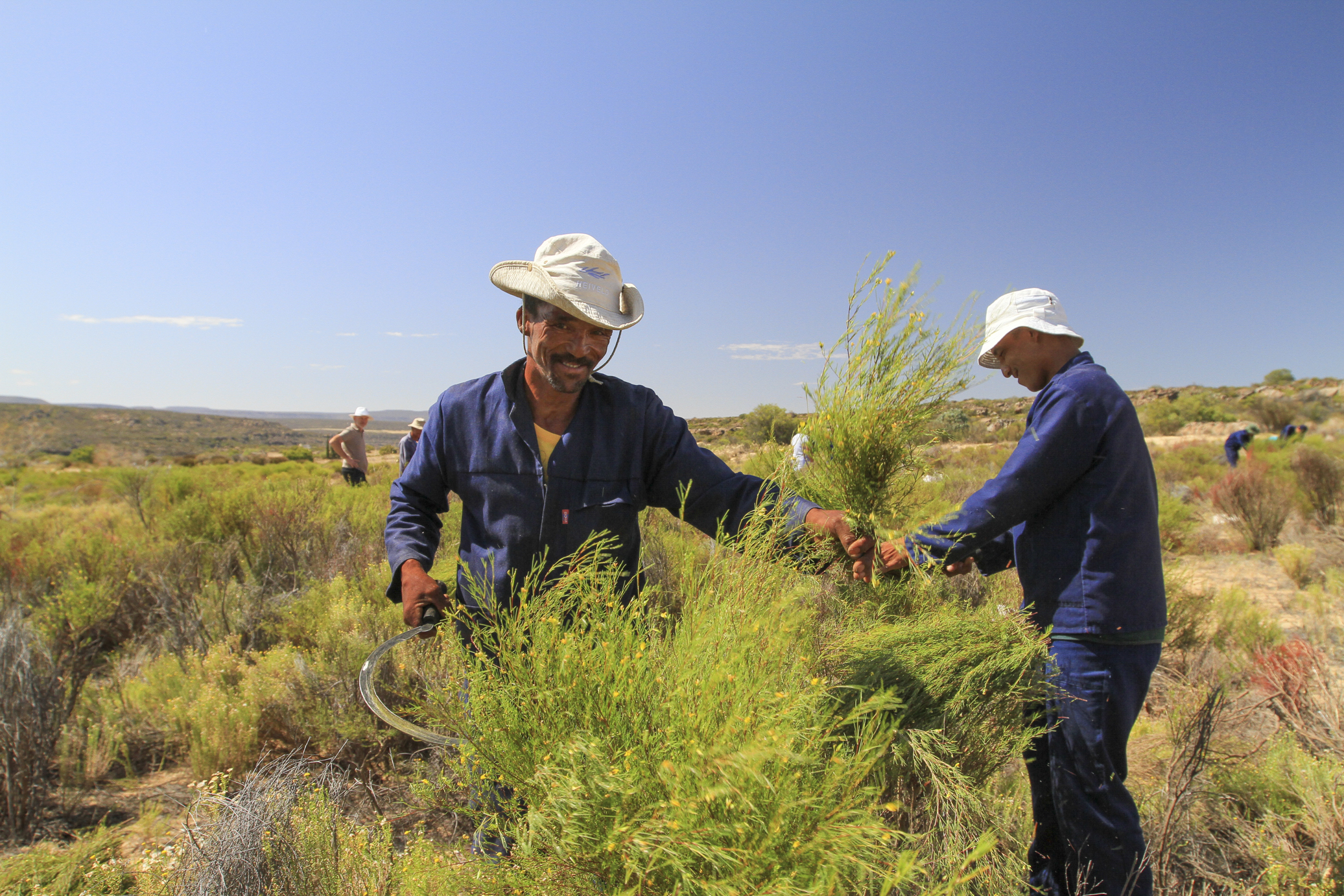
Despite this increase, we have chosen to continue to work with our long-standing partners. It is an ethical choice (a relationship of trust) as well as a choice to put the quality of our rooibos at the forefront and look to the future.
Indeed it is through investment and community support (the fair trade premium) that the price increase means the future of organic and fair-trade rooibos, from small producers, can be assured.
The ways in which this investment has helped the Heiveld cooperative:
- The purchase of 2,750 hectares of land in 2016 managed by the producers themselves (see our blog article on this subject). This new land has enabled the most vulnerable producers (women and young people) to access land to grow rooibos, which represents 200 additional hectares under cultivation
- The purchase in 2017 of seedlings and seeds to make up for losses in the historic drought that year. It used its own funds and 47% of the amount of its 2020 fair trade premium, i.e. 64,257 rand (€3,085)
- The development of agrotourism at the Heiveld Three Fountains project
And for the Wupperthal cooperative:
- An increase in rooibos production in 2017 with the help of an environmentalist hired on a contract of eight hours per month for a period of two years to work to improve soil fertility. In particular new rotation techniques were implemented and passed on to all members through training sessions, of which there were four in total
- The purchase of three tools for working the soil: a mulcher, a harrow and a disc tool which help cultivate a wider area. These tools ultimately improve cultivation practices by increasing soil fertility with organic matter, while maintaining its structure and moisture. Rooibos plants thus become more resistant, resilient and productive.
- The planting of cover crops on large plots alternating with rooibos so as not to have to stop production for the two fallow years. With this particularly effective practice, the production manager foresees an increase in volumes of +15% in 2021 and then of + 50% in 2022.
- The development of biodynamics at Wupperthal (our finest quality rooibos, with the Demeter label) by building storage for biodynamic preparations and increasing processing capacities in anticipation of an increase in volume.
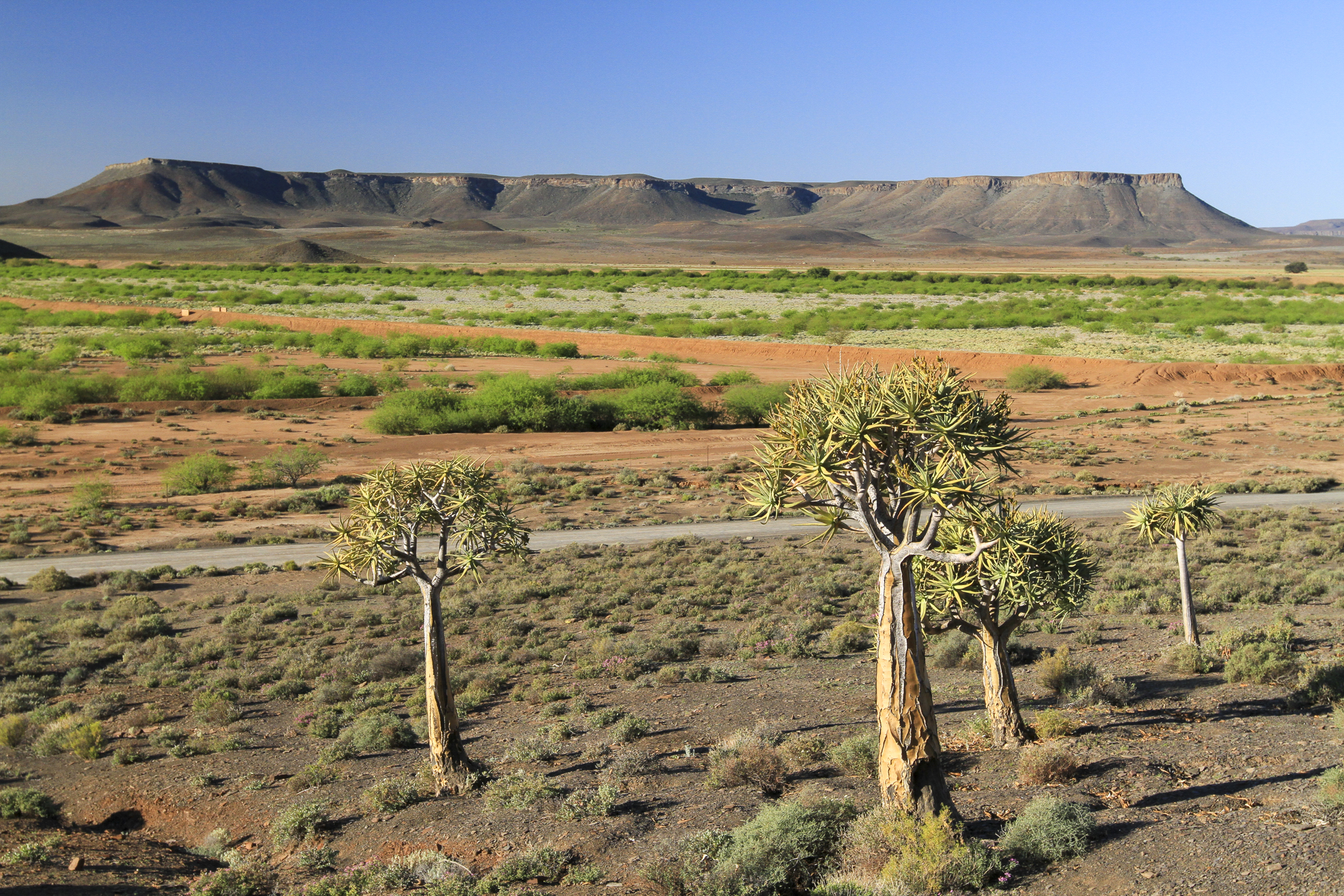
In addition, 83,000 rand (€4,734) was invested in biodynamic preparations in 2021.
- The expansion of the « tea courtyard » to be able to process 1.5 tons per day rather than one ton. This investment cost 1,100,000 rand, or €62,778.
At the same time, the two cooperatives of Heiveld and Wupperthal have adopted the technique of mulching which increases soil fertility and effectively helps to fight against drought by conserving moisture.
These investments support many educational projects in the cooperatives linked to nursery schools and financial aid for students not in receipt of a grant, as well as the training of workers, members, staff, etc.
The commitments we made more than 25 years ago to our South African partners do not end with global warming or repeated droughts. Having read this, you can understand that at Jardins de Gaïa, we are doing everything we can to improve the working conditions and the output of producers who we are working with hand in hand. We will keep you posted on the follow-up to investments made recently, which offer real hope for the future and make us particularly optimistic!
Écrit par Les Jardins de Gaïa
Pionniers sur le marché des thés et tisanes bio et équitables, Les Jardins de Gaïa proposent, depuis 1994, des grands crus nature, des classiques et des créations maison originales. Privilégiant les petits producteurs et les récoltes manuelles, ils ont développé au fil des années une gamme généreuse et variée de thés, rooibos et tisanes aux qualités gustatives reconnues, ainsi qu’une gamme d’épices bio et prémiums proposée sous la marque Terra Madre. Tel un jardin épanoui, la force des Jardins de Gaïa tient dans la diversité des terroirs et l’engagement des hommes qui la travaillent…
